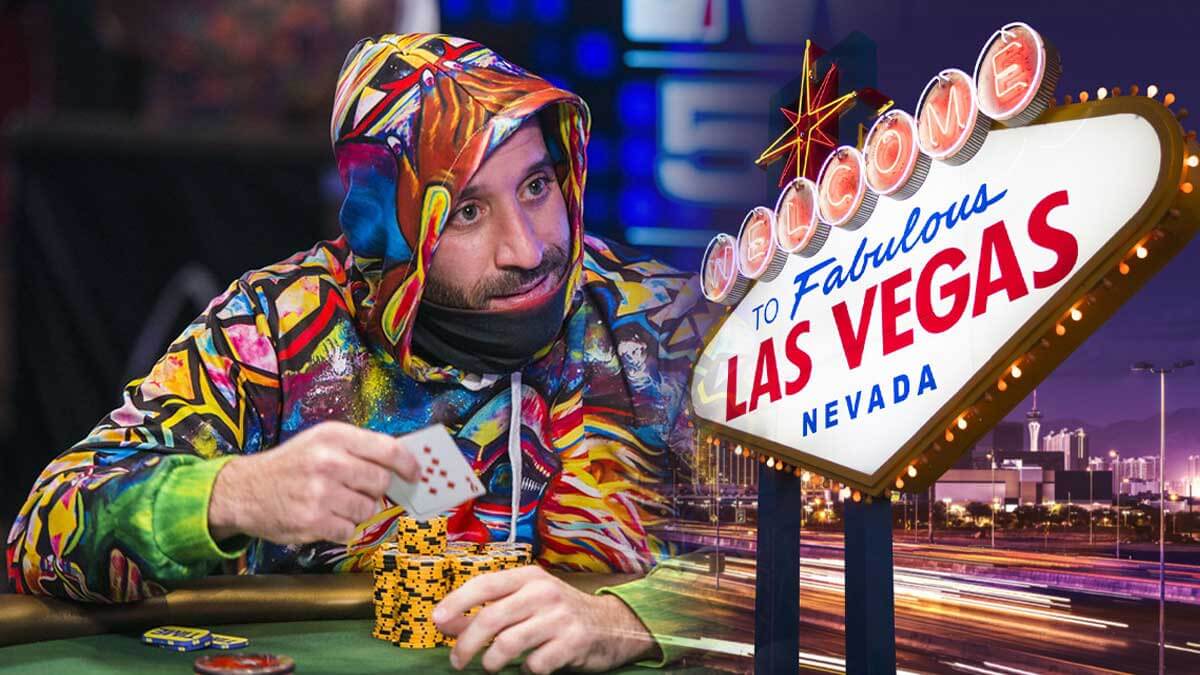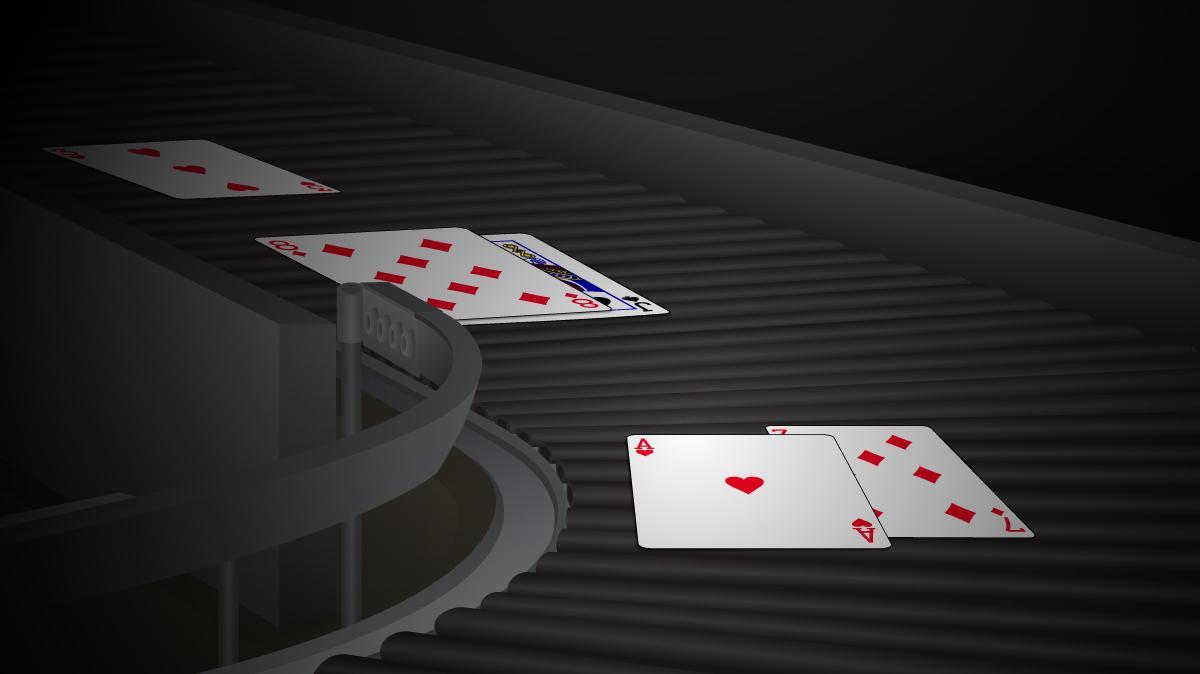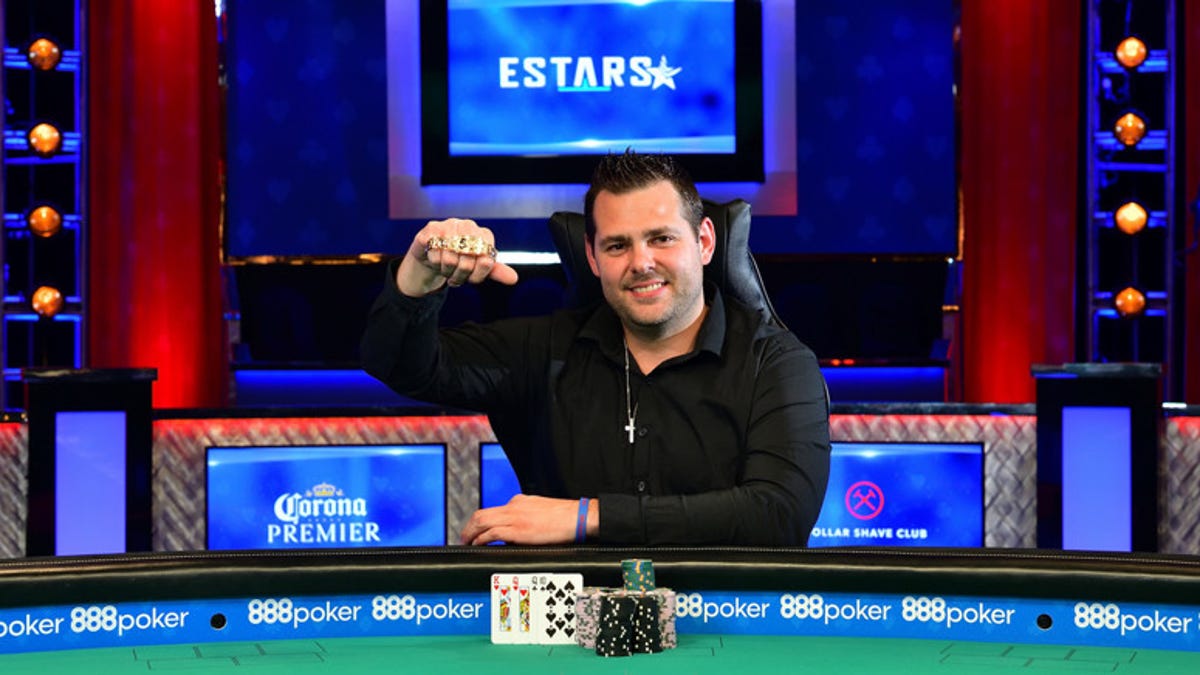Grinding Poker For A Living
A Grinder’s Rules of Thumb for Online Survival So, you’ve decided that you want to try to grind out a living playing online poker? Good luck to you in your quest! Be forewarned that it’s a difficult road, and a lot of players can be great at poker but still lack what it takes to be a successful, day-in/day-out grinder.
Playing poker for a living might seem like a romantic idea on the surface, but every grinder worth his or her salt will tell you that it's, in fact, a grind. Poker is a 'hard way to make easy living' and the day to day life of a professional is far less glamorous than one might think. 'The grind' is, after all, a phrase associated more often with a standard nine to five affair than with using one's intellect to earn money playing poker at a virtual table.

Like with everything else in life you have to put in a lot of hours in order to reap the rewards and the hours starts to feel very, very long if you're doing something consistently for a long time. In this article, we'll lay out a simple plan that will help you avoid the negative effects associated with playing poker for very long hours and allow you to make your daily grind as painless and efficient as possible.

In today's episode of the Nightly Grind Poker VLOG, I do a short 20 minute live play session on Ignition Casino poker, four tabling 5nl regular 6-max games o. For most of this period, he earned his living playing online (and would still be doing so if the government hadn't recently indicted the owners of three of the largest online poker sites). As part of his daily routine, Matt scours online poker forums, discussing strategy with other serious players, pros and amateurs alike. Playing Online Poker for a Living. The decision to play online poker for a living can seem like it's full of freedom, the ability to determine your own hours and the opportunity to make a lot of money playing a game you love. If you have your ducks in a row, then it can be all of that.
Eyes on the Prize
“If you have a goal, write it down. If you do not write it down, you do not have a goal - you have a wish.” - Steve Maraboli
The first step in ensuring that you won't get stuck in a rut of the daily grind is to make sure that your goals are as well defined and as visible as possible. Setting goals that are worth having is an art in and of itself, but the most important thing that you should keep in mind is that they should be tangible. Write them down, preferably on a piece of paper and have that piece of paper in your vicinity at all times. Whether it's a notebook that you keep on your desk or a note folded in your pocket make sure that you're constantly reminded about where you're headed.
If you prefer to rely on technology and you like to record your goals using software like Evernote or Trello, you might want to take additional steps to make yourself accountable. Share your goals with your poker friends, set-up a blog or journey thread on your favorite poker forum, find a group of like-minded players and create a study group that's working towards similar achievements, keep yourself accountable and give others mandate to keep you accountable.
Stay Focused
There's a bunch of studies out there suggesting that our ability to focus is far more limited than we might think. The more pessimistic ones claim that the advent of smartphones caused the average attention span of a human being to become shorter than that of a... goldfish (8 vs 9 seconds). Even if you take more realistic estimates into account twenty minutes of sustained attention is the most an average human being can hope for.
The expectation that you'll just sit down behind your desk and grind for eight hours, seven days a week is at best somewhat unrealistic and at worst straight up unhealthy. Since playing poker at a high level is considerably more sophisticated than pushing pencils or being a cog in a production line you should really care about your mental performance and the first step to optimizing it is to accept your limitation.

Fortunately, there's a number of things we can do in order to maintain our focus. Taking breaks is the simplest and the most essential tool in your arsenal. If you're not taking a five-minute break at least every hour you're most likely doing it wrong. If you can take a minute or two every 20-30 minutes - that's even better. What you do during a break is also important, walking around the room, doing five push-ups, taking a look out the window, or a few mindful breaths will all be far superior and better for you than scrolling through Facebook.
If you can't take many breaks consider listening to some soft instrumental ambient music while playing. Studies show that this might actually slightly impede your performance at the tables (though with a proper choice of music the effect will be negligible or even slightly positive depending on the individual), but it can also increase the amount of time you can stay focused for. Lastly, consider streaming your session via Twitch.tv.

Introduce Novelty
Changing your environment can be instrumental in boosting your motivation and helping you maintain focus. As a poker player, you can either introduce novelty via your game selection or through modifying your workspace. If you're a holdem grinder, consider learning some PLO or MTT on the side. Maybe you're tired of the poker room that you've played hundreds of thousands of hands on?
Consider changing it - preferably for a one with better VIP deal or softer tables. Find some new graphic skin for the tables you're playing on or redesign your HUD. As for changing the workspace, if you're on a budget you can do a bunch of simple, inexpensive things like buying a plant or a LED strip for a few quid to add some ambient lighting to your setup. If you're a midstakes baller, buy an additional monitor, some gaming peripherals or a beast PC.
More Top Rated Content
Articles
Coaching Videos
I've spent about five years playing poker for a living, almost exclusively. Admittedly, I was never a crusher of epic proportions, but I held my own and my living expenses were not too high so I was doing OK. However, after about three years of online grinding, I got tired of sitting in front of the computer screen and wanted to try something different.
Moving to the live grind
I live in a relatively small capital city with just about half a million people, so as you can imagine, the selection for a live tournament grinder is fairly limited. However, when I made my move, there were two casinos offering poker action almost every day of the week. These tourneys would usually attract anywhere between 20 and 60 people.
It may seem like it wasn't worth it, but the rake was fairly small and the live players at the casino were, for the most part, horrible players. The tournaments staged were crushable for huge ROIs so based on what I saw at that point, I decided to give it a go.
My reasoning was that I'd go out and mingle with people while still doing what I loved and maintaining a healthy income. It certainly sounded way better than spending every day in your room, away from everybody and everything. Like most plans, this one sounded way better on paper.
Sometimes poker grinds you
What I failed to consider from the very onset was the fact that I was, by nature, an introvert. I never particularly craved to be surrounded by people or noise; it was more a case of me not really knowing what I wanted.
On the financial side of things, everything was pretty much as I anticipated. In fact, from the very start I went on a heater winning quite a few tourneys, which basically ensured that my roll, which was healthy to begin with, would be more than enough to cover any possible downswings.
The social aspect of the game did not go as well. First of all, most people are poor losers. It is not really that much different online, but online you don't have to deal with their outbursts. Live is a completely different story.
What I came to realize after a while was that at almost every final table, I was surrounded by the same people and most of them didn't really want me there. You could say that I shouldn't care; after all I was, by all definitions, a professional. But I did care, especially since the whole point of switching to live was to try and feel better.
Another thing that really ticked me off was all the aggressive characters. Considering that the buy-in for these tournaments was quite low and that we all basically knew each other, the amount of trash talk and threats from some of these guys was just unbelievable.
The reality of it all
Probably you won’t have to deal with most of this in big casinos around the world. But I was where I was and I wanted to give it a shot. After about six months, I had a lot of cash on me (for my standards at least) but I was feeling more miserable than ever.
I played a bit longer, but eventually just gave up on the whole idea. It wasn't really worth my while. There were some great guys out there, most of whom I still talk to from time to time and see when I play a live event, once in a blue moon.
The whole point of this story is not to discourage anyone from trying a live grind. Everyone will have a different experience depending on so many factors. But don't let all the fleshiness you may see on TV or on social media fool you.
After all, it is called a grind for a reason.
Ivan Potocki is a veteran Titan Poker player who was born in Sarajevo, Bosnia and Herzegovina, and spent part of his childhood under war conditions. He studied English language and literature and discovered Texas Hold’em while in college. After working different jobs he turned to poker full time and this serves as his main source of income. You can follow him on Twitter: @ivanpotocki
Grinding Online Poker For A Living
| Further Reading: | |
|
|
|
|